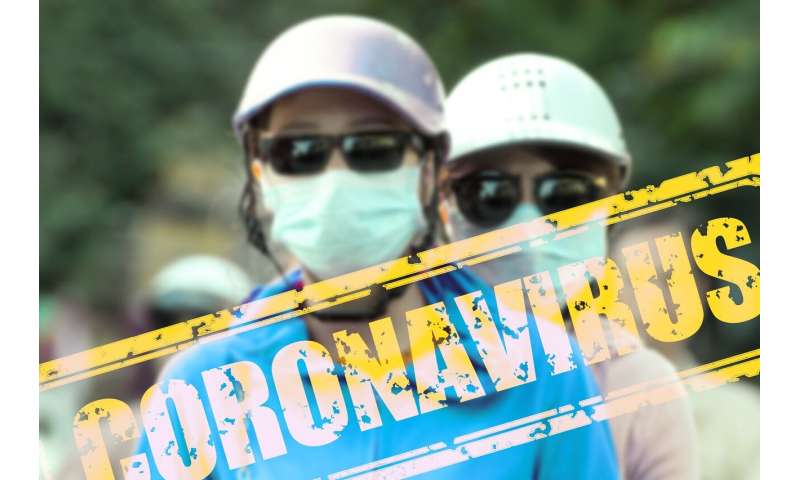
A German university launched Saturday a series of pop concerts under coronavirus conditions, hoping the mass experiment with 4,000 people can determine whether large events can safely resume.
Well-known singer Tim Bendzko agreed to give three separate performances over the course of the day in eastern city Leipzig, allowing researchers from nearby Halle University to try out different configurations for the gigs.
Only young, healthy volunteers were allowed to attend in a bid to limit infection risks.
As the audience arrives at the Leipzig Arena concert hall, they will submit to a temperature check.
All the participants will wear masks meeting the high-protection FFP2 standard, as well as an electronic device allowing tracking of their movements within the space.
Using fluorescent disinfectants, the researchers will also be able to see which surfaces concert-goers most often touch with their hands.
And the scientists will even track the trajectories of tiny aerosol particles breathed out by attendees, believed by experts to play a role in infections.
The ultimate aim of the experiments is to find out whether concerts and other large events could be allowed to resume while avoiding contamination risks.
Data collected on Saturday will flow into a mathematical model to help judge risks of the virus spreading in a large concert venue, with results expected in the autumn.
With most concert organisers and workers in the entertainment and cultural sector jobless in recent months, hopes for the final report are high.
But for now, large gatherings remain forbidden in Germany until at least November.
Chancellor Angela Merkel recently warned that she sees no room to slacken infection control restrictions, given a recent rise in new coronavirus cases.
Source: Read Full Article
